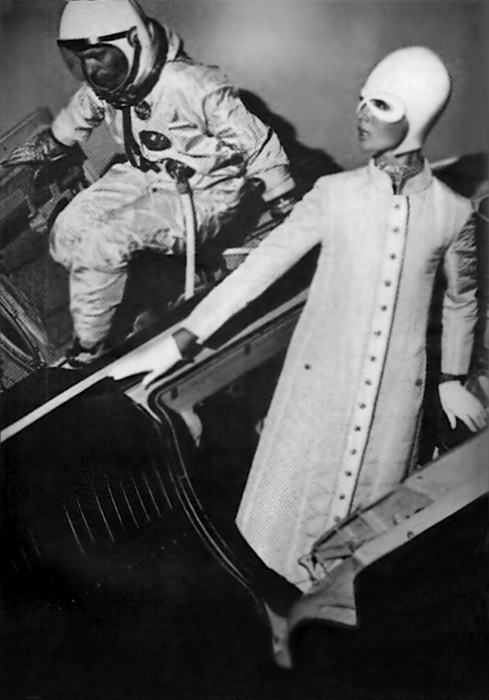There’s a very good EconTalk episode this week with host Russ Roberts being joined by Northwestern economist Joel Mokyr. The guest is an optimist about the transformative powers of technology, and two areas of the conversation particularly interested me: 1) Economic production and growth may be slowing down by most measures because those measures are inefficient and outdated at gauging the value of recent tech advancements, and 2) We are reaching an epoch in which the “death of distance” is becoming a reality because of connectivity and we may be returning to a pre-Industrial Revolution, home-centered society.
On the first count, Mokyr comments that those who decry that plane travel hasn’t speeded up in decades as a sign that we’ve stagnated technologically are giving short shrift to airline passengers being able to use laptops, tablets, smartphones and wi-fi to do work during their trips.
From a Mokyr essay at PBS.org: “Yet today, once again, we hear concerns that innovation has peaked. Some claim that ‘the low-hanging fruits have all been picked.’ The big inventions that made daily life so much more comfortable — air conditioning, running cold and hot water, antibiotics, ready-made food, the washing machine — have all been made and cannot be matched, so the thinking goes.
Entrepreneur Peter Thiel’s widely quoted line ‘we wanted flying cars, instead we got 140 characters’ reflects a sense of disappointment. Others feel that the regulatory state reflects a change in culture: we are too afraid to take chances; we have become complacent, lazy and conservative.
Still others, on the contrary, want to stop technology from going much further because they worry that it will render people redundant, as more and more work is done by machines that can see, hear, read and (in their own fashion) think. What we gained as consumers, viewers, patients and citizens, they fear, we may be about to lose as workers. Technology, while it may have saved the world in the past century, has done what it was supposed to do. Now we need to focus on other things, they say.
This view is wrong and dangerous. Technology has not finished its work; it has barely started.”
Tags: Joel Mokyr, Russ Roberts

